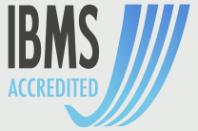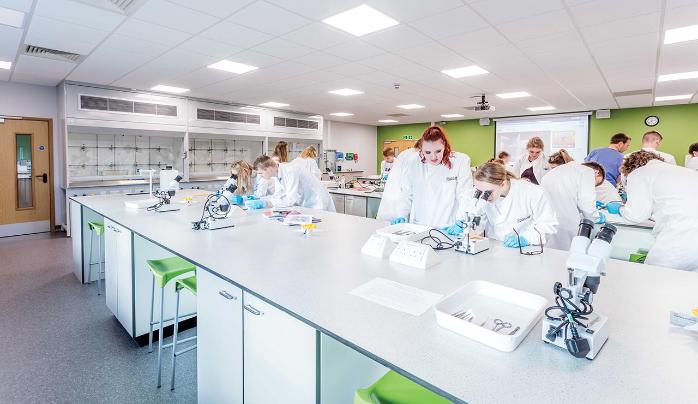BSc (Hons) - Biomedical Science (with integrated foundation year)
Have alternative qualifications or don't quite meet our entry criteria? Our introductory year will develop your skills and confidence in a supportive, dynamic environment to progress to our undergraduate biomedical sciences degree.
Your natural inquisitive personality and fascination for the science behind clinical practice will help you to become a biomedical scientist, carving out a career in the diagnosis and treatment of disease, and the advancement of modern medicine.
If you are interested in this course, you can apply for a University of Cumbria International College 4-year degree programme.Apply here
Course Overview
Biomedical science is the study of the health and diseases of the human body to improve health. Because biomedical scientists need a wide range of knowledge and skills, you'll study a wide range of modules on our biomedical sciences degree course.
You will get an in-depth understanding of the complex science behind the cause, consequence, diagnosis, and treatment of illnesses. You will learn how science can be applied to clinical practice and research, ultimately to make a difference to human lives through the diagnosis and treatment of disease.
By putting your lab coat on you will put theory into practice in our brand-new laboratories, getting a sound knowledge of cellular pathology, genetics, the human immune system, and biochemical pathways. We’ll delve deep into blood sciences and clinical biochemistry on this biomedical sciences degree, giving you the opportunity to expand your knowledge of diagnostic approaches, researching clinical markers, screening techniques and the role biomedical scientists can play in saving lives and improving health.
Our degree is accredited with the Institute of Biomedical Science (IBMS). Degrees accredited by the IBMS, ensure you are studying a programme that will give you the right background, knowledge, and skills to move forward to train to become a biomedical scientist on successful completion of your degree. Degree accreditation means that your programme covers all elements of knowledge and skills that satisfy the QAA benchmark statements for Biomedical Science degrees. Our programme provides flexibility to explore varied areas of biology such as cell and molecular biology, clinical biochemistry, haematology, immunology, genetics, and medical microbiology.
On this course you will...
- Your first year will give you a firm foundation in the scientific, intellectual and investigative skills and knowledge needed to progress to the BSc Biomedical Science degree course.
- Be assigned a personal tutor who will not just be your academic point of contact on the course but will, along with our careers service, help you to consider the wide range of jobs and further study options a degree in biomedical science can give you.
- Be involved with other science students on other courses to get a wider appreciation of the biological sciences in an industrial, academic, economic, and social context.
- Get time in labs to conduct experiments and procedures planned for you. But also learn to plan and carry out your own experiments independently with support and guidance.
- Gain an appreciation of the advances at the forefront of biomedical science.
Location
Carlisle - Fusehill Street Campus
The Fusehill Street campus has been the setting of life-saving treatments since World War I. Now, it's home to world changers, life-savers, crime fighters, and entrepreneurs with access to high-quality facilities and innovative thinking.
Find out more
Find out more about studying with us
Attend an Open Day at Cumbria
An Open Day is your opportunity to explore one of 5 campuses, meet your lecturers, and find out how the University of Cumbria could become your new home.







